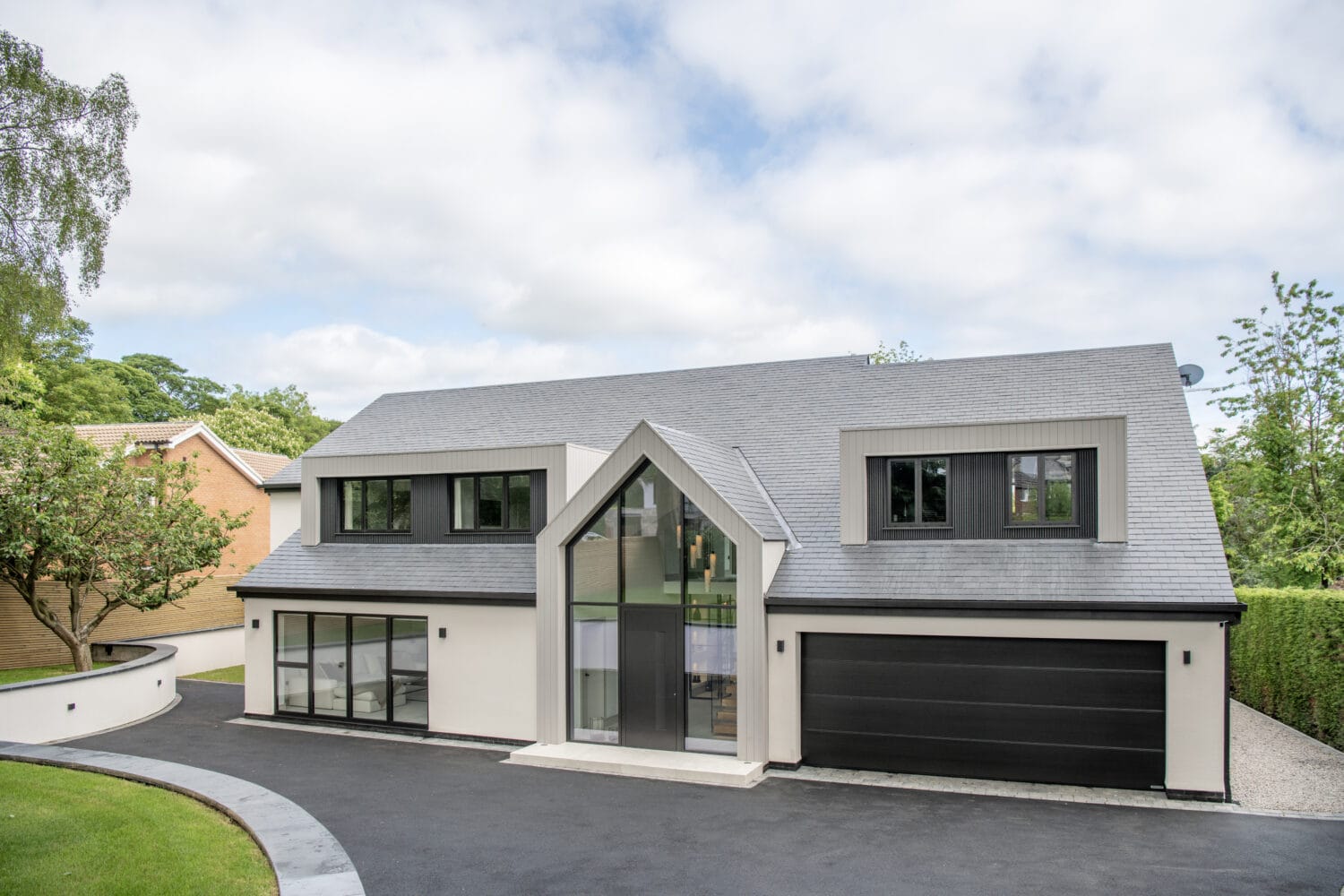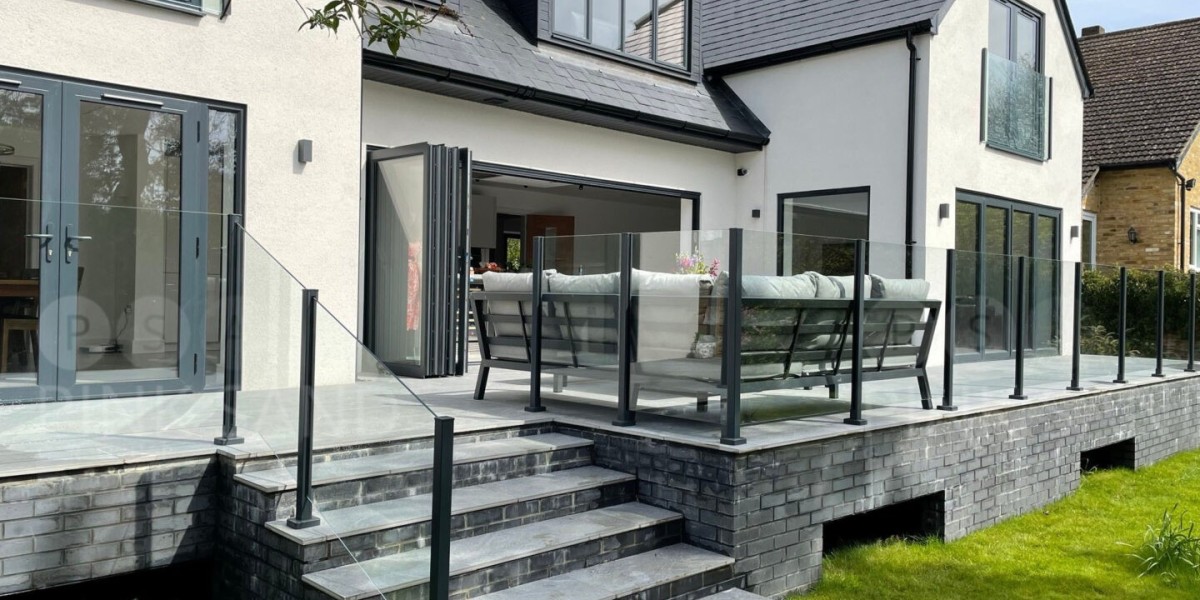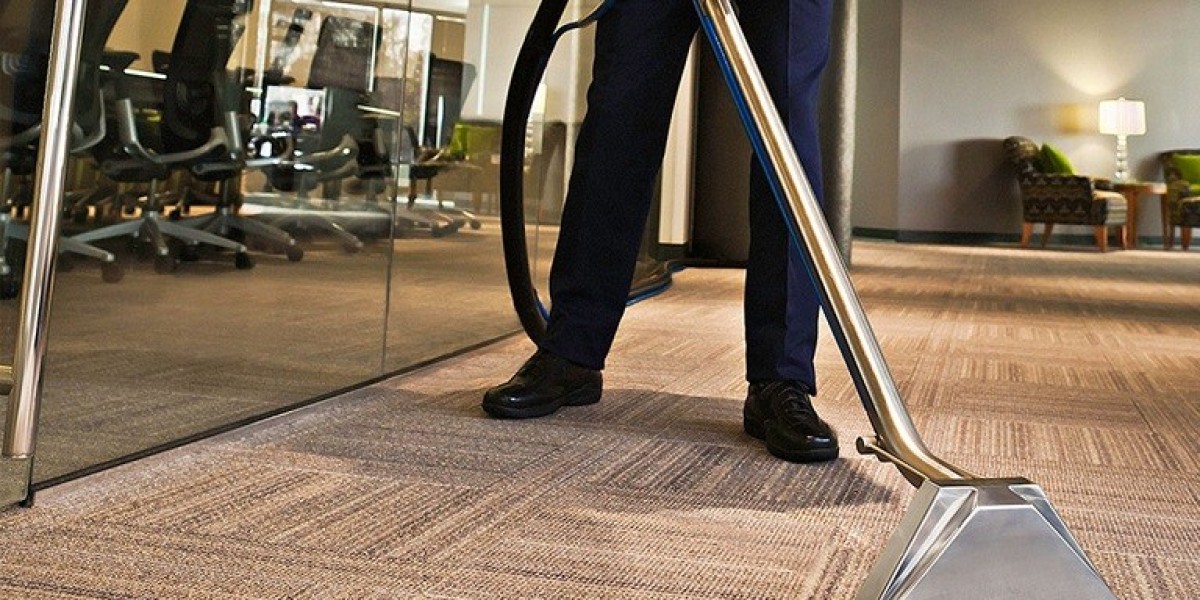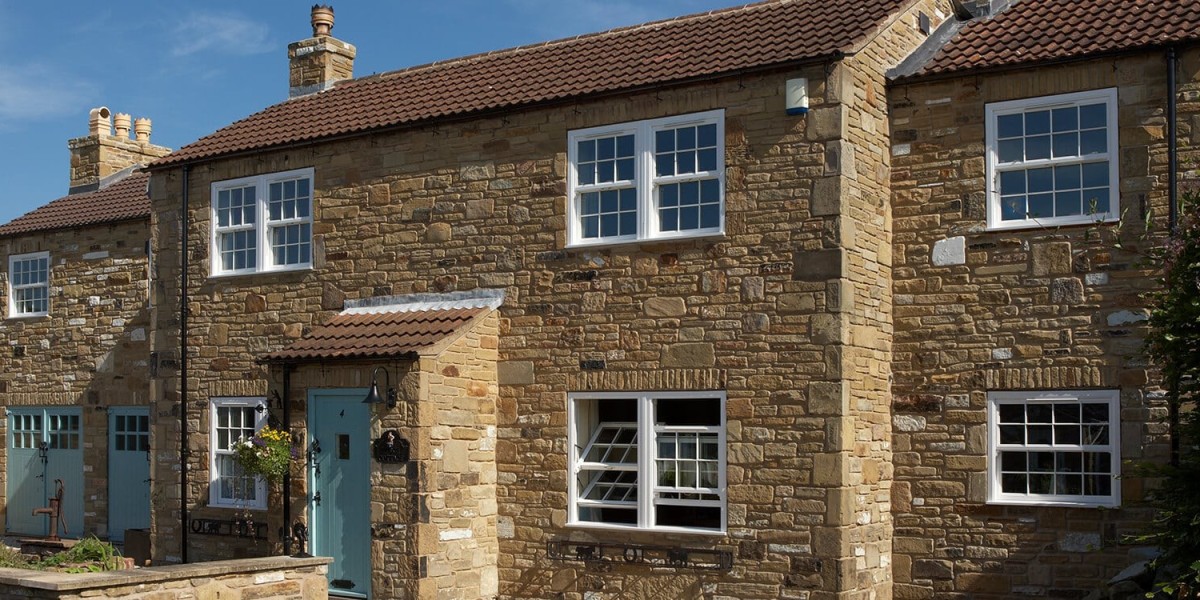Introduction
In recent years, the construction industry has seen a significant shift towards the use of environmentally friendly and energy-efficient materials. Among these materials, Unplasticized Polyvinyl Chloride (UPVC) has emerged as a popular choice for window frames. UPVC windows are known for their durability, low maintenance, and excellent thermal insulation properties. This article aims to explore the advantages and applications of UPVC windows in modern architecture, highlighting their role in enhancing energy efficiency and sustainability in building design.
What is UPVC?
Unplasticized Polyvinyl Chloride (UPVC) is a rigid form of PVC that has undergone a process to remove plasticizers, making it more suitable for construction applications. Unlike traditional PVC, UPVC is not flexible, which allows it to maintain its shape and structural integrity over time. This material is widely used in the manufacturing of window frames, doors, and other building components due to its numerous benefits, including resistance to corrosion, rot, and weathering.
Advantages of UPVC Windows
1. Energy Efficiency
One of the most significant advantages of UPVC windows is their energy efficiency. These windows are designed with multi-chambered profiles that trap air, creating an insulating barrier that reduces heat transfer. This feature helps maintain a consistent indoor temperature, reducing the reliance on heating and cooling systems. Studies have shown that homes equipped with UPVC windows can experience a reduction in energy bills by up to 30%, making them an attractive option for environmentally conscious homeowners.
2. Durability and Longevity
UPVC windows are highly durable and can withstand harsh weather conditions without deteriorating. They are resistant to corrosion, rust, and fading, which means they do not require frequent replacement or extensive maintenance. Unlike wooden windows, which can warp or rot over time, UPVC windows maintain their appearance and functionality for decades. This longevity not only reduces waste but also contributes to the overall sustainability of building materials.
3. Low Maintenance Requirements
Another significant advantage of UPVC windows is their low maintenance requirements. Unlike wood, which needs regular painting, staining, or sealing, UPVC windows can be easily cleaned with soap and water. They do not require any additional treatments to protect against the elements, making them a practical choice for busy homeowners. This low maintenance aspect also extends the lifecycle of the windows, further enhancing their sustainability.
4. Sound Insulation
UPVC windows provide excellent sound insulation, making them ideal for homes located in noisy urban environments. The multi-chamber design and the use of double or triple glazing create an effective barrier against external noise, contributing to a quieter indoor atmosphere. This feature is particularly beneficial for individuals who work from home or those who prioritize peace and tranquility in their living spaces.
5. Aesthetic Versatility
UPVC windows come in a variety of styles, colors, and finishes, allowing homeowners and architects to choose designs that complement their architectural vision. From traditional to contemporary styles, UPVC windows can be customized to fit any design aesthetic. Additionally, advancements in technology have made it possible to produce UPVC windows that mimic the appearance of wood, providing the aesthetic appeal of timber without the associated maintenance issues.
Applications of UPVC Windows
1. Residential Buildings
UPVC windows are widely used in residential buildings due to their energy efficiency and low maintenance requirements. Homeowners are increasingly opting for UPVC windows as a sustainable choice that enhances the comfort and aesthetics of their homes. The versatility in design allows for seamless integration into various architectural styles, making them suitable for new constructions as well as renovations.
2. Commercial Buildings
In commercial architecture, UPVC windows are favored for their durability and energy-saving properties. Businesses looking to reduce operational costs can benefit from the energy efficiency of UPVC windows, which can lead to significant savings over time. Additionally, the low maintenance requirements ensure that commercial properties remain visually appealing without incurring high upkeep costs.
3. Public Infrastructure
UPVC windows are also gaining traction in public infrastructure projects, such as schools, hospitals, and government buildings. The long-lasting nature of UPVC makes it an ideal choice for public facilities that require durable and low-maintenance solutions. Furthermore, the energy efficiency of UPVC windows aligns with the growing emphasis on sustainability in public sector projects.
Environmental Impact
The environmental impact of UPVC windows is an essential consideration in today's construction landscape. As building codes and regulations become more stringent regarding energy efficiency and sustainability, the demand for materials like UPVC is expected to rise. UPVC is recyclable and can be repurposed into new products, reducing the carbon footprint associated with window production and disposal. Furthermore, the energy savings achieved through the use of UPVC windows contribute to a reduction in greenhouse gas emissions, aligning with global efforts to combat climate change.

Challenges and Considerations
Despite the numerous advantages of UPVC windows, there are some challenges and considerations to keep in mind. One concern is the environmental impact of the production process for UPVC, which involves the use of fossil fuels. However, advancements in manufacturing techniques and recycling processes are continually improving the sustainability of UPVC. Additionally, it is crucial for consumers to choose high-quality UPVC products to ensure performance and longevity, as lower-quality alternatives may not offer the same benefits.
Conclusion
UPVC windows represent a significant advancement in building materials, offering a range of benefits that align with the principles of energy efficiency and sustainability. Their durability, low maintenance requirements, and https://weboworld.com/listings/england/st-albans/General-Contractors aesthetic versatility make them an ideal choice for both residential and commercial applications. As the construction industry continues to evolve towards more sustainable practices, UPVC windows will play an essential role in shaping the future of modern architecture. By choosing UPVC windows, homeowners and builders can contribute to a more sustainable built environment while enjoying the numerous advantages this material has to offer.



